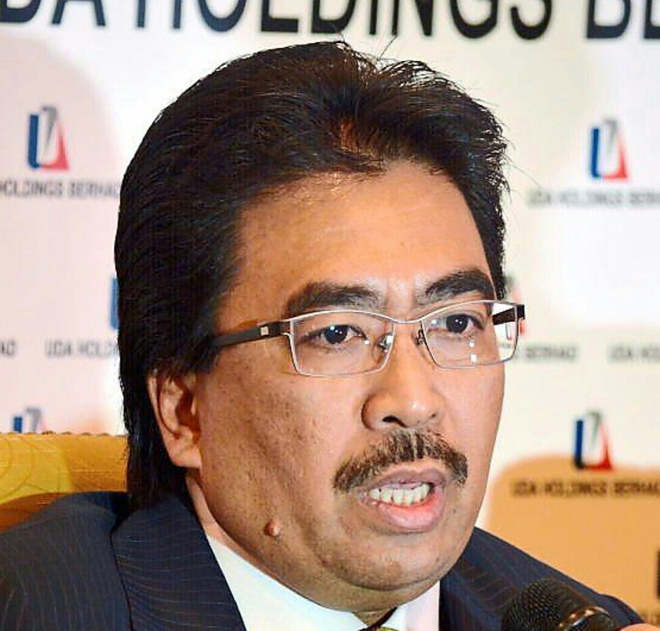
Datuk Johari Abdul Ghani
KUCHING: The Attorney General’s Chambers (AGC) has published the Federal Government Gazette on the Income Tax (Exemption) Order 2017, dated Feb 15 exempting religious institutions or organisations from paying tax from their incomes effective the year of assessment 2017.
The exemption order was made on Feb 7 in the name of Second Finance Minister Datuk Seri Johari Abdul Ghani, in exercising the powers conferred to him by paragraph 127(3)(b) of the Income Tax Act 1967 [Act53].
The Order stated that the Minister exempts a religious institution or organisation in the basis period for a year of assessment from the payment of tax in respect of gross income derived from all sources and from furnishing a return under section 77 of the Act.
The Order stated that “a religious institution or organisation” means a religious institution or organisation which is established in Malaysia exclusively for the purpose of religious worship or the advancement of religion and is not operated or conducted primarily for profit.
Additionally, it stated that a religious institution or organisation must be registered with the Registrar of Societies Malaysia or under any written law governing such institution or organisation.
The tax exemption order for religious institutions was issued following the confusion arising from the amendment to paragraph 13(1) Table 6 of the Income Tax Act 1967.
The issue was first raised by The Borneo Post, with views from various quarters and tax consultants that the amendment will subject religious bodies to being taxed for their incomes other than donations.
Meanwhile, a senior tax consultant doubted if the exemption order could be upheld in principle, if challenged in the Court.
“It is like Parliament saying income is to be taxed and now the minister says not to tax. Yet, there is nothing in the Schedule or Income Tax Act to specifically say that the incomes of these religious institutions or organisation are not to be taxed.
“I personally feel not quite comfortable with this exemption order as such. Not explicit.”
The senior tax consultant said the issuance of the exemption order showed the government’s intention not to tax the incomes of religious institutions, it is advisable because all MPs be it from Sarawak, Sabah or Peninsular Malaysia to demand the Parliament to reverse Paragraph 13(1)(b) of Schedule 6 of the Income tax Act 1967 back to its previous position by deleting the amendment made and passed in the previous Finance Bill.
“Strike the iron while it is hot. It is to secure a guarantee and safety in the correct interpretation of law to prevent abuse of power by tax officer later.”
Kuching Chinese Community Charitable Trust Board chairman Dr Chou Chii Ming said it is gratifying to see that the exemption order made by Johari as he had promised to the leaders of the five main religious groups.
“This exemption order looks good and fair. The exemption order is also to exempt organisations concerned from filing a tax return as from year of assessment 2017,” he told The Borneo Post yesterday.
Association of Churches Sarawak (ACS) secretary-general Elder Ambrose Linang said they welcome the tax exemption given to religious organisations and institutions under the order.
“The tax exemption order will clarify the uncertainty of the law relating to the source and nature of income or contributions received by the religious institutions or organisations which are exempted from tax and exemption from furnishing a tax return.”
Linang called on the government to grant full tax exemption to all lawful religious institutions in Malaysia as practiced before the amendment to the income tax law last year and allow the contributors to apply for tax rebate similar to that accorded to payment of tithe (zakat).
He took the opportunity to thank Johari who was willing to meet representatives of Churches in Kuala Lumpur, Deputy Chief Minister Datuk Amar Douglas Uggah Embas and the state government for their understanding on the issue.
“The Churches are here for the community and not for commercial,” Linang emphasised.
